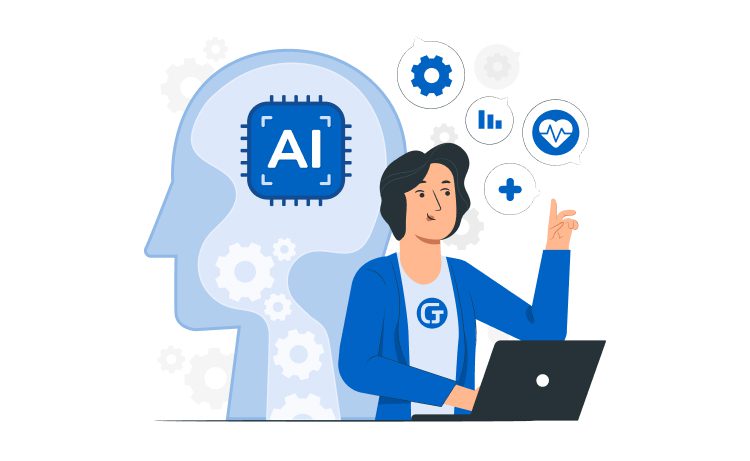
How AI Can Change the Future of Healthcare



Isn’t it the best time to be alive? Over the last century, every new iteration in medicine gradually increased humans’ longevity. Inventions like X-Ray, CTs, vaccines, ultrasound, penicillins, etc., combined with the overall improvement in work safety, have gotten us to today’s point when life expectancy in first-world countries has hit the 80 years mark. With the adoption of AI health tech products and their exciting benefits, we may look at another leap in healthcare and quality of life.
As AI and machine learning become ubiquitous in US healthcare organizations, we often encounter AI in various fields, especially in diagnostics, transcribing medical information, and analyzing medical images. So, what can we expect from the future scope of AI in healthcare? Let’s dig in.
Content
The chances are high that you are using AI for your healthcare already.
And this is just a fraction of how AI impacts the medical field. Though it is still picking up the pace, there is already evidence of AI-based solutions being effective in improving clinical and operational performance and boosting health system efficiency.

When it comes to the future, AI has massive potential to change medicine and human lives, taking healthcare to the next level.
Let’s look at the top AI-powered healthcare startups, their plans for the next decade, and their vision for what AI can bring to humanity.
PathAI utilizes artificial intelligence to assist pathologists in diagnosing diseases from medical images, primarily focusing on pathology slides. Their algorithms help in more accurate and efficient diagnoses, reducing the potential for human error.
Plans: PathAI works with drug developers to deliver AI-based scoring tools that will more accurately measure drug effects in trials and get effective therapies to patients. Besides, their cancer department collaborates with pharma to address the fact that most patients with advanced cancer still do not respond to treatment or develop resistance. Applying AI to analyze the cellular makeup of tumors is their bet for finding a way to make drugs work.
Before the age of smart technology, expertise was always confined to a person and could only be shared in very limited terms. Now, once a problem is solved with AI, it will be very simple to bring that technology to billions of people due to the ease of access.
Andy BeckCo-founder and CEO of PathAI
Tempus leverages AI and machine learning to analyze clinical and molecular data to assist doctors in making more informed decisions about personalized cancer treatment. They aim to improve the efficiency of clinical trials and research as well.
Plans: Tempus will likely continue expanding its focus beyond cancer, branching into other complex diseases where data-driven approaches can significantly impact. They also work on enhancing their data aggregation capabilities and predictive analytics to refine treatment strategies further.
We fundamentally believe that our job is […] to aggregate the kind of datasets that can actually advance the next level of therapeutics across anybody and everybody who has that capability: every biotech company, every pharma company, we want to universally make our data available if it can help them advance that cause.
Eric LefkofskyFounder and CEO of Tempus
Butterfly Network has developed a handheld, pocket-sized ultrasound device, the Butterfly iQ, that connects to smartphones and tablets. Their AI-powered platform enhances the accessibility and affordability of medical imaging, empowering healthcare professionals even in resource-limited settings.
Plans: Butterfly Network enhances its device’s capabilities through AI-driven image analysis and interpretation. They look to add 100 algorithms to their platform, able to diagnose a ten-fold number of diseases from what it can track today. The company only plans to develop about a third of these by itself, with the rest coming through partnerships with other AI developers.
Enlitic employs deep learning to analyze medical data, including images, to assist radiologists and clinicians in diagnosis and treatment planning. Their technology aims to augment human expertise and streamline medical workflows.
Plans: Enlitic focuses on refining its algorithms to provide more actionable insights directly integrated into electronic health records. Besides, they are developing solutions in the fields of data standardization and data anonymization, ensuring providers are using patient data responsibly and ethically while still optimizing patient care and advancing medical knowledge.
[Now] medical experts are so specialized, that it is hard to find anybody who can provide educated advice about more general medical problem solving. Deep learning has the ability to solve problems right across the medical spectrum, so the traditional specialized approach to medicine quite a roadblock.Jeremy HowardDeep learning researcher, founder of Enlitic
Babylon developed an AI-driven platform that offers virtual healthcare consultations, symptom assessment, and health monitoring. Users can engage with medical professionals through video calls, chatbots, and other digital interfaces, making healthcare services more convenient and accessible.
Plans: Babylon works on strengthening partnerships with healthcare providers, governments, insurers, and other stakeholders to integrate their technology into existing healthcare systems globally, starting with the US and Africa. The company also enhances AI algorithms to provide more accurate and personalized diagnoses, treatment recommendations, and insights into preventive care.
At the moment, healthcare is actually sick care where we only deal with people once they’re ill. Instead, we can use AI to help people stay well, by taking in data from their wearable technology or giving personalised information about their diet and exercise. […] We truly believe that AI, big data and wearable tech can transform healthcare and enable each doctor to care for vastly greater numbers of people.
Dr. Ali ParsaCEO of Babylon Health
AI in healthcare is now at its peak of popularity. According to Google Trends, the public’s interest in the term has doubled in a year, with the top countries searching the “AI in healthcare” term being Singapore and United Arab Emirates.
Some unmentioned trends in AI for healthcare include
Though machine learning technologies are exponentially improving, the best opportunities for AI in healthcare over the next few years are still hybrid models. In these, clinicians are supported in diagnosis, treatment planning, and identifying risks but retain ultimate responsibility for the patient’s care. This approach will result in faster adoption by healthcare providers by mitigating risk and delivering visible improvements in patient outcomes and operational efficiency.
The outlook for AI-powered healthcare is bright, and now is the time to use this window of opportunity. Suppose you want to use AI to improve your healthcare startup. In that case, Glorium Technologies has the knowledge and resources to help you achieve your goals in improving business processes, data analytics, or patient experience. Let’s keep in touch today to see how you can collaborate with Glorium Technologies to improve the industry and create a more advanced and effective healthcare system.

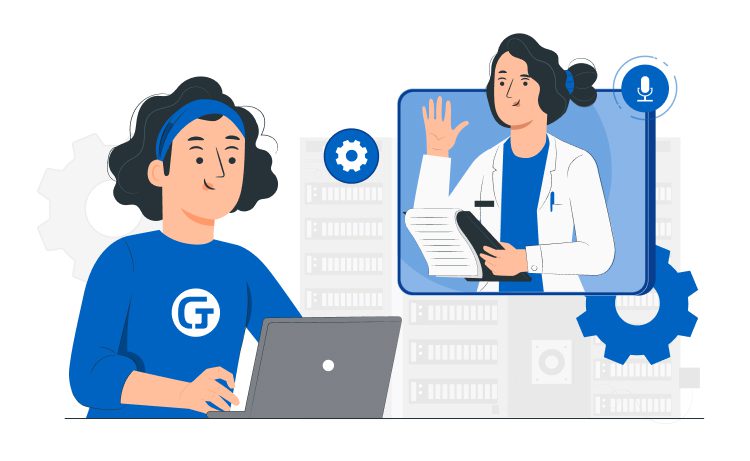
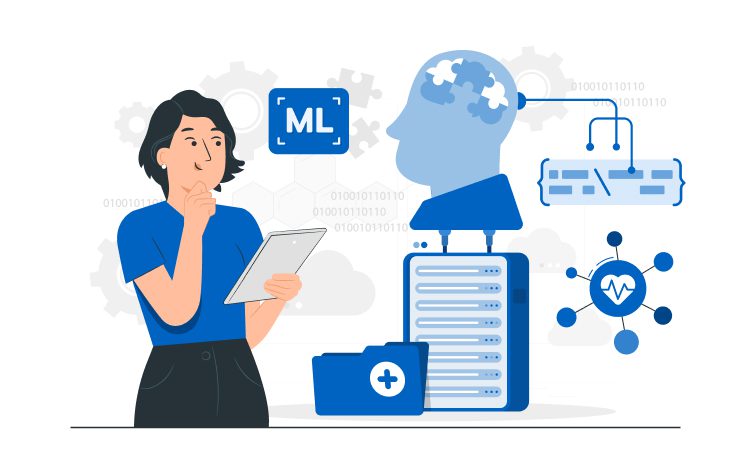
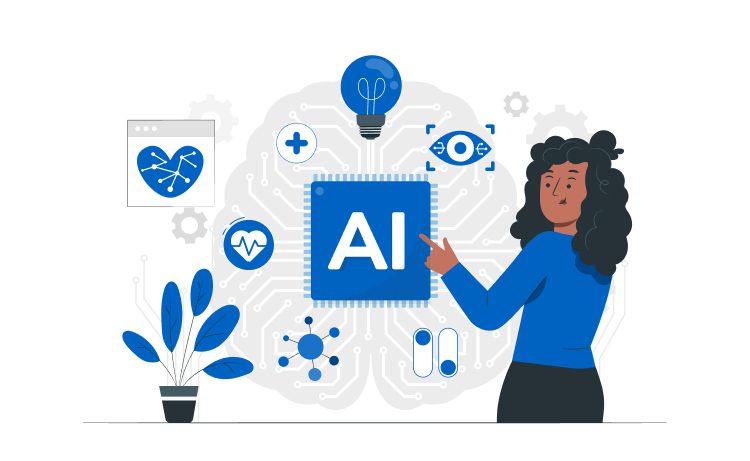
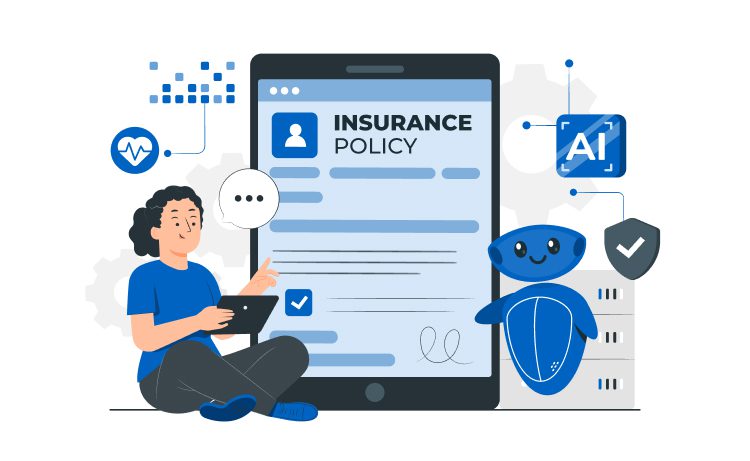
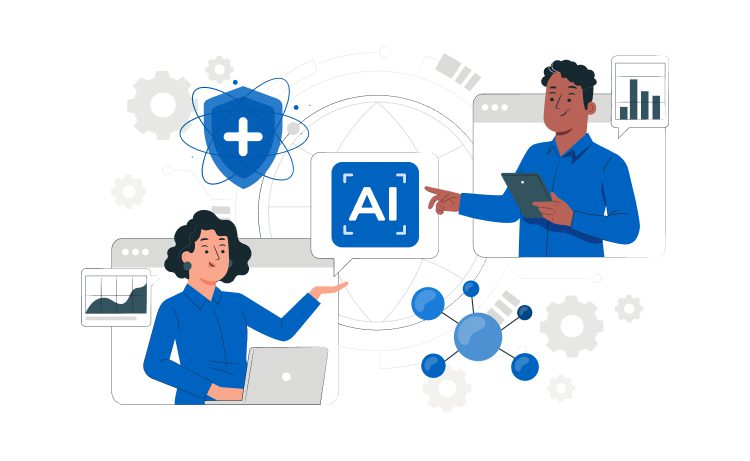
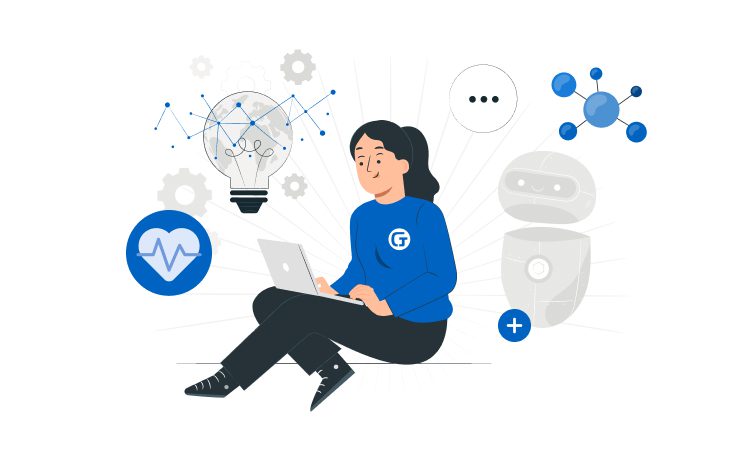

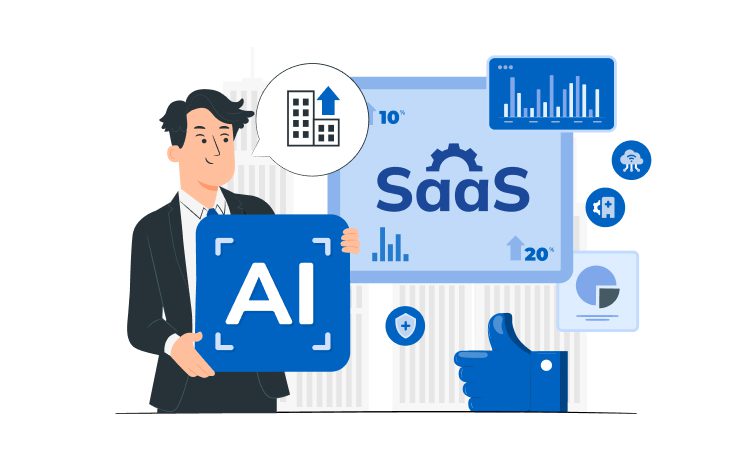
| Cookie | Duration | Description |
|---|---|---|
| cookielawinfo-checkbox-analytics | 11 months | This cookie is set by GDPR Cookie Consent plugin. The cookie is used to store the user consent for the cookies in the category "Analytics". |
| cookielawinfo-checkbox-functional | 11 months | The cookie is set by GDPR cookie consent to record the user consent for the cookies in the category "Functional". |
| cookielawinfo-checkbox-necessary | 11 months | This cookie is set by GDPR Cookie Consent plugin. The cookies is used to store the user consent for the cookies in the category "Necessary". |
| cookielawinfo-checkbox-others | 11 months | This cookie is set by GDPR Cookie Consent plugin. The cookie is used to store the user consent for the cookies in the category "Other. |
| cookielawinfo-checkbox-performance | 11 months | This cookie is set by GDPR Cookie Consent plugin. The cookie is used to store the user consent for the cookies in the category "Performance". |
| viewed_cookie_policy | 11 months | The cookie is set by the GDPR Cookie Consent plugin and is used to store whether or not user has consented to the use of cookies. It does not store any personal data. |